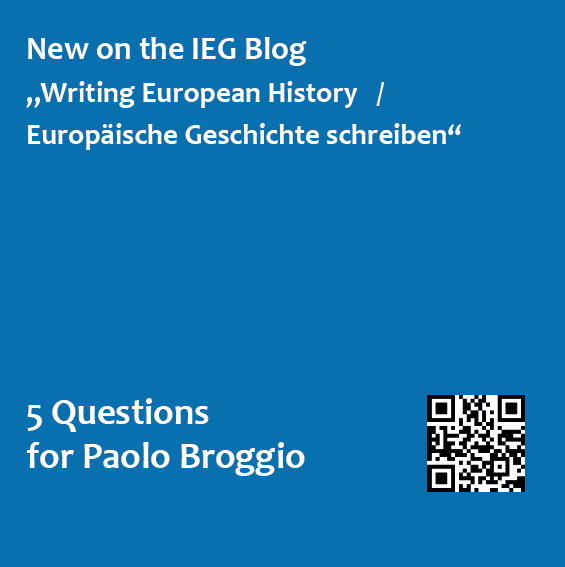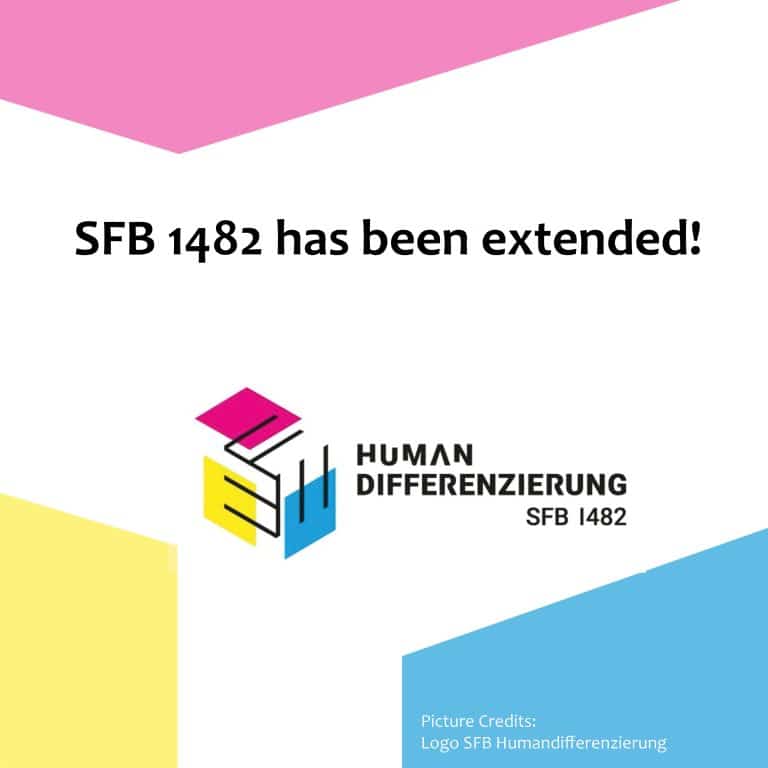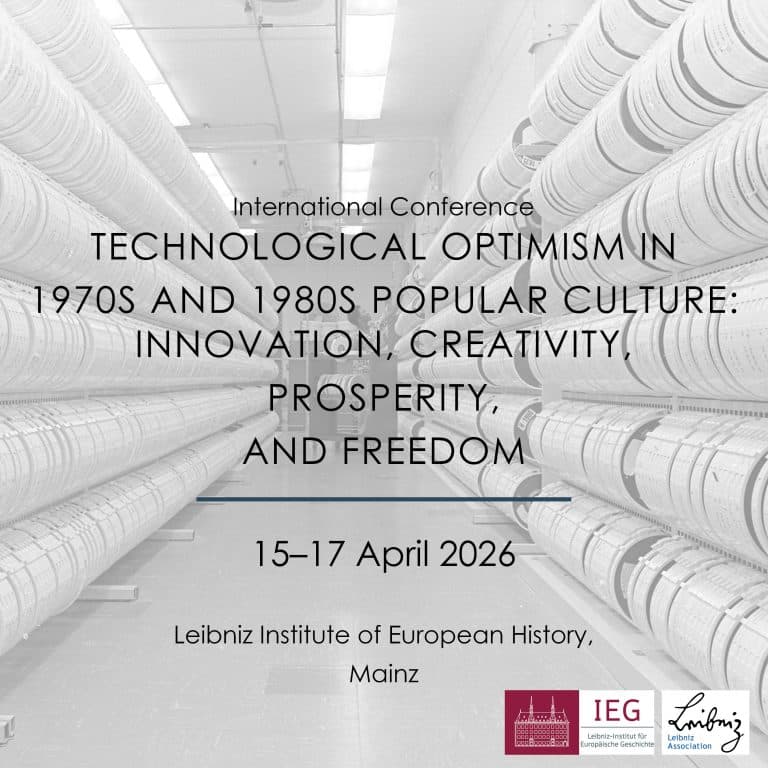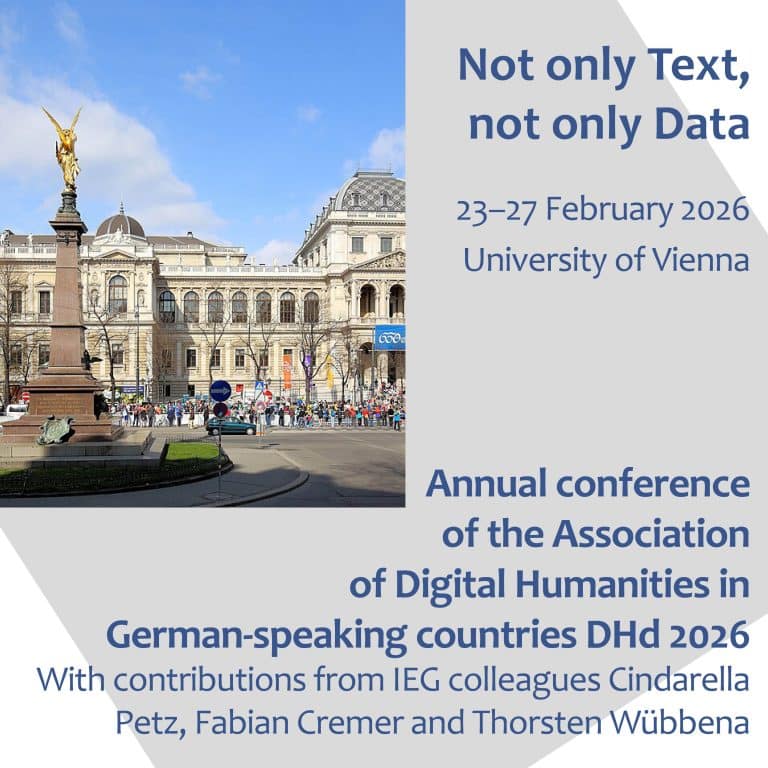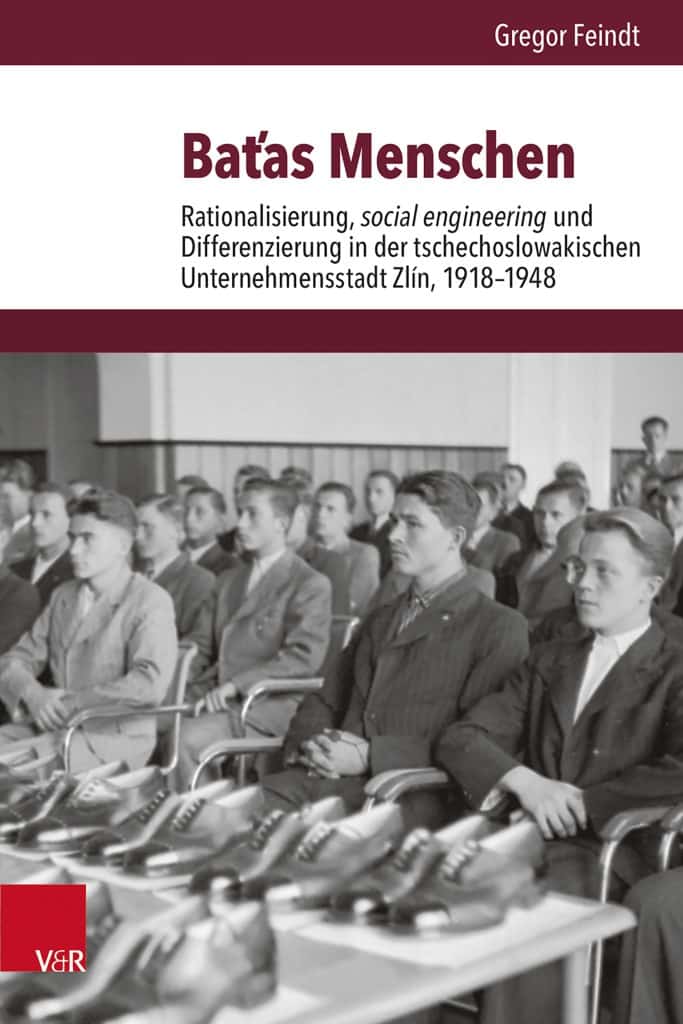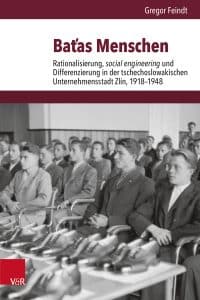Leibniz Institute of European History
(IEG) in Mainz
Research – Connect – Support
Latest newsshow all
New translation of the EGO Article: “Sephardic Jews in the Early Modern Era” by Predrag Bukovec
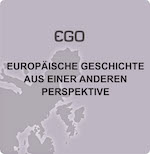
Our anniversary year at the IEG is now coming to a close. It has been a remarkable year filled with encounters, new ideas, innovative research, and shared experiences. We would like to express our gratitude and look forward to another year with you at the IEG.

Events show all
Annual Conference of the DHd 2026

learn more
Workshop: LLMs für die Geisteswissenschaften: Vom General-Purpose-Modell zum Spezialwerkzeug im Bring-Your-Own-Data-Lab

learn more
Public Research Colloquium with Prof. Dr. Andrew Laird

learn more
Research Agenda
DIFFERENTIATION – MOBILITY – CONVIVIALITY
Research group "Society" learn moreKNOWLEDGE – EXPERIENCE – INTERACTION
Research group "Religion" learn moreMETHODS AND RESEARCH DATA
Research group "Digitality" learn morePERSPECTIVES AND DEBATES
Europe forum learn moreFellowship and Guest ProgrammeFellowship and Guest Programme
The Leibniz Institute of European History (IEG) awards fellowships to doctoral students and postdocs from Germany and abroad for research projects on European religious, political, social, and cultural history, as well as in the field of digital humanities.
The Senior Research Fellowship Programme is aimed at renowned researchers from abroad. The IEG also accepts visiting researchers who receive grants from other funding organizations or who are self-financed.
AnnouncementsHome
The Leibniz Institute of European History (IEG) in Mainz is an independent research institute within the Leibniz Association.
It conducts and supports research on European history from the early modern period to the contemporary era and is actively involved in the advancement of the digital humanities.
The Institute is committed to promoting gender equality in the workplace, to diversity, and to facilitating the reconciliation of professional and family life.
Postdoctoral Position (research associate) (m, f, x) – Digitality of Historical Research
Publications of the IEGalle anzeigen
Baťas Menschen
Das Schuhunternehmen Baťa produzierte in Zlín preisgünstige Schuhe für den Weltmarkt – und leistungsfähige Menschen. Baťa lockte seine Beschäftigten mit einem Leben in Wohlstand, mit modernen Annehmlichkeiten und einem Ausblick in die weite Welt – und drang weit in ihren Alltag ein. Dabei übertrug das Unternehmen das in der Produktion eingeübte Prinzip der Rationalisierung auf die Personalverwaltung und den Alltag in Zlín, formte seine Belegschaft und differenzierte sie. Die Arbeit analysiert Sozialreform und Personalpolitik im Schuhunternehmen Baťa und stellt die Beschäftigten der Schuhfabrik in den Mittelpunkt, von der Ausbildung an der Werkbank über die Karrieren erfolgreicher Männer und einiger weniger Frauen bis hin zum Privat- und Familienleben. Dabei verfolgt das Buch die Entwicklung und Überformung des Sozialexperiments von seinen Anfängen in der Habsburgermonarchie über die demokratische Tschechoslowakei bis zur deutschen Herrschaft im Zweiten Weltkrieg und den Anfängen des Staatssozialismus.
Religious Transformations in Europe
Revolutionäre Familien
Zwischen Heimatfront und Schlachtfeld
Weibliche Handlungsmacht und Mobilität
IEG blog "Writing European History"
The blog "Writing European History" presents the historical research conducted at the Leibniz Institute of European History (IEG) in Mainz. The researchers and guests of the Institute present their research topics and results in various sections, including interviews, reports, new publications, commentaries, and the "Research in Focus" series, which presents current research at the IEG.
The editorial team hopes you enjoy exploring the various topics!
